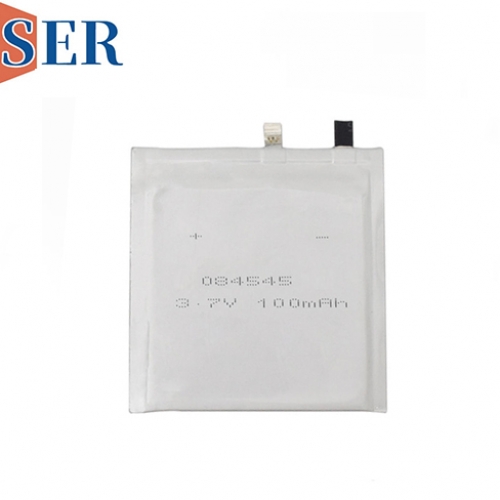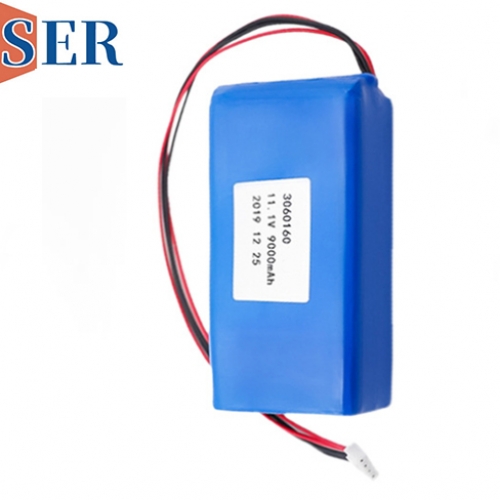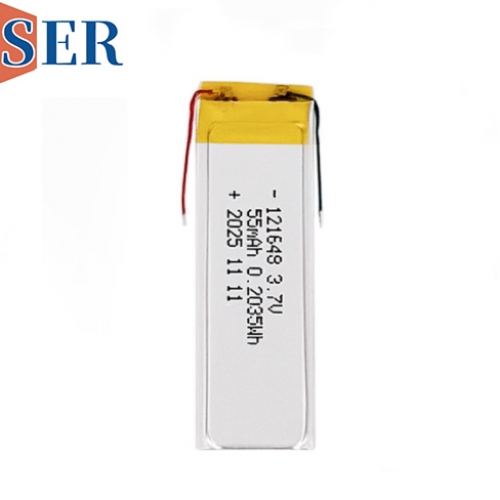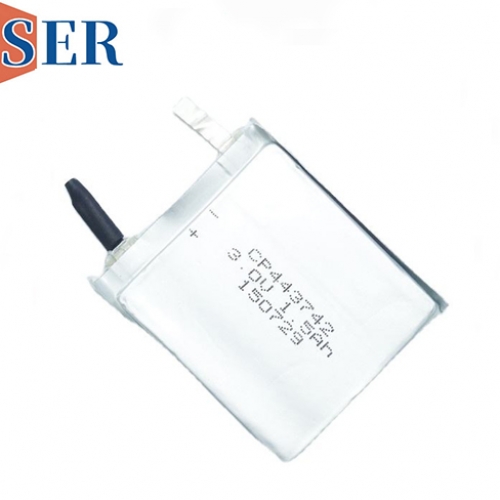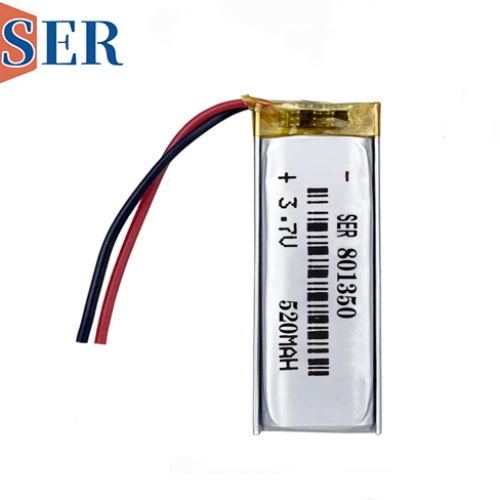Customized Special-Shaped Lithium polymer Batteries: Revolutionizing Portable Power Solutions
Customized Special-Shaped Lithium polymer Batteries: Revolutionizing Portable Power Solutions
In the ever-evolving landscape of portable electronics, the demand for innovative and efficient energy storage solutions has reached unprecedented heights. As technology advances, devices are becoming smaller, lighter, and more versatile, necessitating the development of customized lithium batteries that can seamlessly integrate into unique form factors while maintaining high performance and safety standards. This article delves into the world of customized special-shaped lithium batteries, focusing on rechargeable variants, curved polymer cells, ultra-thin Li-ion LiPo batteries for wearable Bluetooth medical devices, and the customization process that drives this industry forward.
Introduction
Lithium-ion (Li-ion) and Lithium-polymer (LiPo) batteries have revolutionized the portable electronics market due to their high energy density, long cycle life, and relatively low self-discharge rates. However, traditional rectangular or cylindrical battery designs often pose limitations for designers looking to create sleek, ergonomic, or space-constrained devices. Customized special-shaped lithium batteries offer a solution by enabling the development of batteries that conform to the exact dimensions and contours of the host device, enhancing both aesthetics and functionality.
The Need for Customization
1. Device Integration
In wearable technology, medical devices, and other compact electronics, every millimeter counts. Customized batteries can be designed to fit seamlessly within the device's internal structure, minimizing bulk and maximizing user comfort. For instance, in smartwatches or fitness trackers, curved batteries can hug the wrist's contours, enhancing wearability and reducing the overall profile.
2. Design Flexibility
Customization enables manufacturers to explore new designs that were previously unattainable with standard battery formats. From irregularly shaped devices like drones and robotic arms to sleek, futuristic gadgets, customized batteries allow for creativity and differentiation in the market.
3. Performance Optimization
By tailoring the battery's physical dimensions and internal structure, manufacturers can optimize its performance for specific applications. For example, increasing the surface area of the electrodes in an ultra-thin LiPo battery can improve heat dissipation, enhancing safety and extending battery life in high-power wearable medical devices.
Types of Customized Lithium Batteries
1. Rechargeable Special-Shaped Lithium Batteries
These batteries are designed to be recharged multiple times, offering a sustainable and convenient energy source for various portable devices. They can be customized in terms of shape, size, capacity, voltage, and even discharge characteristics to suit the unique needs of each application. Manufacturers utilize advanced materials, such as high-energy density cathodes and anodes, to maximize energy storage within the desired form factor.
2. Curved Polymer Cells
Curved polymer batteries are a specific type of customized LiPo battery that boasts a flexible, conformable design. The polymer electrolyte used in these batteries allows them to be bent and shaped to fit the contours of curved or irregularly shaped devices. This technology is particularly useful in wearable electronics, where comfort and aesthetics are paramount. Curved batteries also help reduce stress on the battery casing, improving durability and safety.
3. Ultra-Thin Li-ion LiPo Batteries for Wearable Bluetooth Medical Devices
Wearable Bluetooth medical devices, such as continuous glucose monitors, heart rate trackers, and sleep apnea monitors, require ultra-thin, lightweight batteries that can operate reliably for extended periods. Customized ultra-thin Li-ion LiPo batteries offer an ideal solution, as they can be designed to minimize thickness while maintaining sufficient capacity to power the device throughout its intended usage. These batteries often incorporate advanced safety features, such as overcharge protection and temperature sensors, to ensure safe operation in close proximity to the user's skin.
Customization Process
The customization process for special-shaped lithium batteries involves several stages, requiring close collaboration between the device manufacturer, battery designer, and material suppliers.
1. Conceptualization and Design
The process begins with a clear understanding of the device's requirements, including its dimensions, power consumption profile, and any specific design constraints. Based on this information, the battery designer creates a preliminary design that meets the performance and safety criteria while adhering to the desired shape and size.
2. Material Selection
The choice of materials is crucial to the battery's performance, safety, and cost-effectiveness. Factors such as energy density, cycle life, safety characteristics, and environmental impact are considered when selecting cathodes, anodes, electrolytes, and separators. Customized batteries often require specialized materials to achieve the desired shape and performance.
3. Prototype Development and Testing
Once the design is finalized, prototypes are developed and subjected to rigorous testing to validate their performance, safety, and durability

